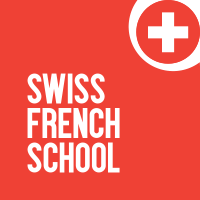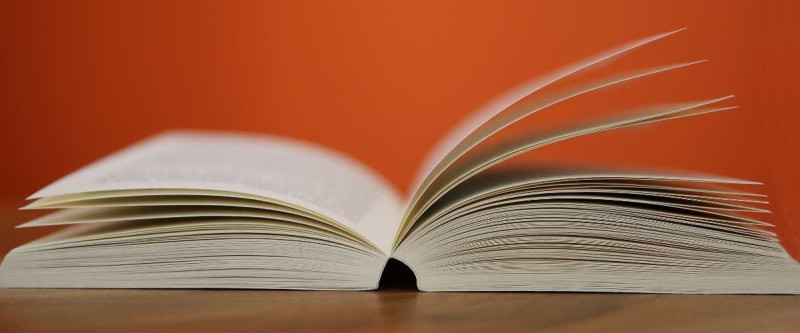The different levels of French: the tests and certifications
French language proficiency is often defined by various levels, ranging from A1 to C2. But why is it important to determine your language level? Whether you're a student looking to enroll in a university program, or a professional wanting to apply for a job, or someone wanting to obtain a visa in Switzerland or a French-speaking country, there are various reasons to obtain a French language.
The French levels from A1 to C2, as provided by many French language tests and certifications, are based on the Common European Framework of Reference for Languages (CEFR). In French, this framework is known as the CECRL (Cadre Européen Commun de Référence pour les Langues).
Discover your French level using the reference chart below:
| CEFR Level | Equivalent | Equivalent in French |
|---|---|---|
| A1 | Beginner | Découverte |
| A2 | Elementary | Élémentaire |
| B1 | Intermediate | Intermédiaire |
| B2 | Upper intermediate | Intermédiaire supérieur |
| C1 | Advanced | Avancé |
| C2 | Proficiency | Maîtrise |
Do you want to find out your French level and benefit from a training program to improve and certify your language skills?
Beginner French Level (A1, A2)
The A1 level, referred to as introductory, is the lowest point on the CEFR scale. It characterizes the abilities of a beginner in the French language. At this stage, you can understand the most common French expressions and employ them in simple contexts. Basic self-introduction, asking for directions, or engaging in straightforward conversations are all within your capabilities. It's a promising start, but you will require several lessons to make significant progress.
With an A2 level, you have moved beyond the introductory phase. You can communicate more naturally in French. The skills you have acquired enable you to understand French sentences and expressions within their context, exchange information, and describe your surroundings. At this level, you can confidently travel alone in a French-speaking country and effectively manage everyday tasks.
Intermediate French Level (B1, B2)
Achieving a B1 level on a recognized certification indicates a solid level of French. Your grammar and vocabulary are more extensive, enabling you to understand essential points during a standard conversation. You possess the necessary skills to describe facts, discuss various topics, and engage in professional conversations. Furthermore, you can construct complex and lengthy sentences.
A B2 level means that you are an independent user of the French language. You have reached an advanced level, demonstrating proficiency in both spoken and written French. You can deliver technical presentations within your chosen fields and comprehend intricate texts. Your communication becomes more natural and spontaneous. Your French is impeccable, and you can navigate with ease in any French-speaking country.
Advanced French Level (C1, C2)
If you manage to attain a C1 level, you can confidently consider yourself an experienced speaker. You have achieved autonomy, demonstrating the ability to comprehend lengthy texts containing advanced vocabulary. You express yourself naturally and effortlessly, adeptly adjusting your language use according to the context. Your communication flows smoothly, and you can respond to complex inquiries. A C1 grade reflects genuine mastery of the language, opening doors to international work opportunities.
The C2 level stands as the highest classification within the CEFR. It attests to an exceptional level of French proficiency that is challenging to attain through standard training. By achieving this level, you become effectively bilingual. Your command of the language closely mirrors that of a native speaker. You will encounter no difficulties when studying or working in your French-speaking country of choice.
Improve your French level with Swiss French School
With Swiss French School, you can take a free French test that will help determine your language level. Through our online or in-center courses, you will gain access to numerous learning opportunities and ample practice.
You can then set a realistic goal for improvement. To make rapid progress with an exclusive oral-based method, don't hesitate to contact the nearest Swiss French School. If you wish to take a certification, such DELF, DALF, or Fide, our knowledgeable trainers can provide further information.

